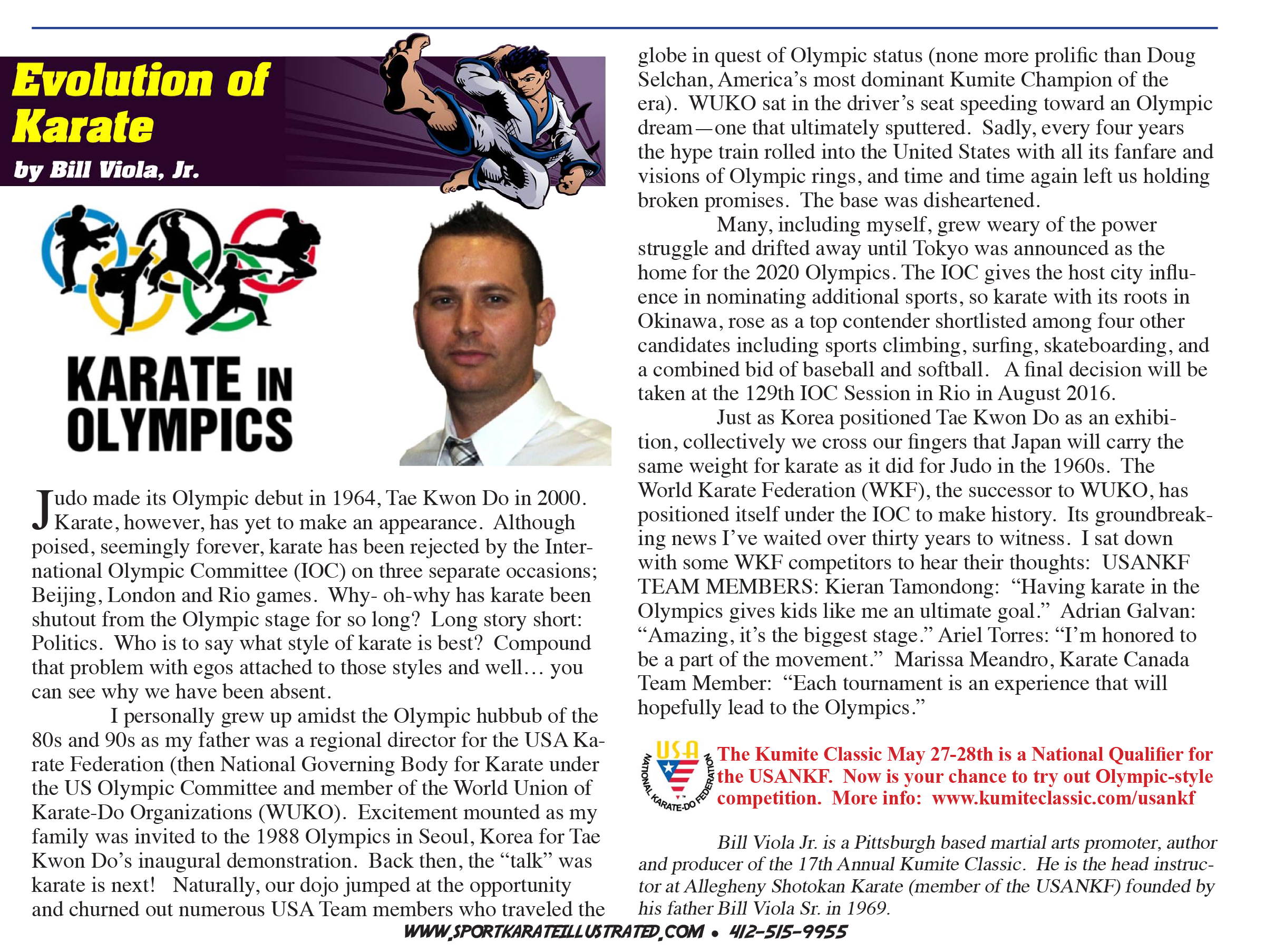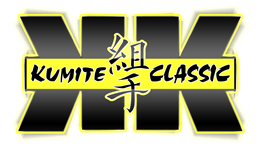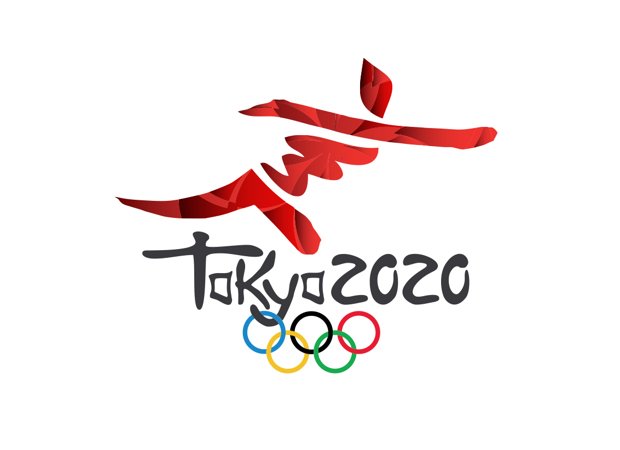Karate 2020 Olympics
From Sport Karate Illustrated, May 2016: -By Bill Viola Jr.
Judo made its Olympic debut in 1964, Tae Kwon Do in 2000. Karate, however, has yet to make an appearance. Although poised, seemingly forever, karate has been rejected by the International Olympic Committee (IOC) on three separate occasions; Beijing, London and Rio games. Why- oh-why has karate been shutout from the Olympic stage for so long? Long story short: Politics. Who is to say what style of karate is best? Compound that problem with egos attached to those styles and well… you can see why we have been absent.
I personally grew up amidst the Olympic hubbub of the 80s and 90s as my father was a regional director for the USA Karate Federation (then National Governing Body for Karate under the US Olympic Committee and member of the World Union of Karate-Do Organizations (WUKO). Excitement mounted as my family was invited to the 1988 Olympics in Seoul, Korea for Tae Kwon Do’s inaugural demonstration. Back then, the “talk” was karate is next! Naturally, our dojo jumped at the opportunity and churned out numerous USA Team members who traveled the globe in quest of Olympic status (none more prolific than Doug Selchan, America’s most dominant Kumite Champion of the era). WUKO sat in the driver’s seat speeding toward an Olympic dream—one that ultimately sputtered. Sadly, every four years the hype train rolled into the United States with all its fanfare and visions of Olympic rings, and time and time again left us holding broken promises. The base was disheartened.
Many, including myself, grew weary of the power struggle and drifted away until Tokyo was announced as the home for the 2020 Olympics. The IOC gives the host city influence in nominating additional sports, so karate with its roots in Okinawa, rose as a top contender shortlisted among four other candidates including sports climbing, surfing, skateboarding, and a combined bid of baseball and softball. A final decision will be taken at the 129th IOC Session in Rio in August 2016.
Just as Korea positioned Tae Kwon Do as an exhibition, collectively we cross our fingers that Japan will carry the same weight for karate as it did for Judo in the 1960s. The World Karate Federation (WKF), the successor to WUKO, has positioned itself under the IOC to make history. Its groundbreaking news I’ve waited over thirty years to witness. I sat down with some WKF competitors to hear their thoughts: USANKF TEAM MEMBERS: Kieran Tamondong: “Having karate in the Olympics gives kids like me an ultimate goal.” Adrian Galvan: “Amazing, it’s the biggest stage.” Ariel Torres: “I’m honored to be a part of the movement.” Marissa Meandro, Karate Canada Team Member: “Each tournament is an experience that will hopefully lead to the Olympics.”
The Kumite Classic May 27-28th is a National Qualifier for the USANKF. Now is your chance to try out Olympic-style competition. More info: www.kumiteclassic.com/usankf
Bill Viola Jr. is a Pittsburgh based martial arts promoter, author and producer of the Annual Kumite Classic. He is the head instructor at Allegheny Shotokan Karate (member of the USANKF) founded by his father Bill Viola Sr. in 1969.



